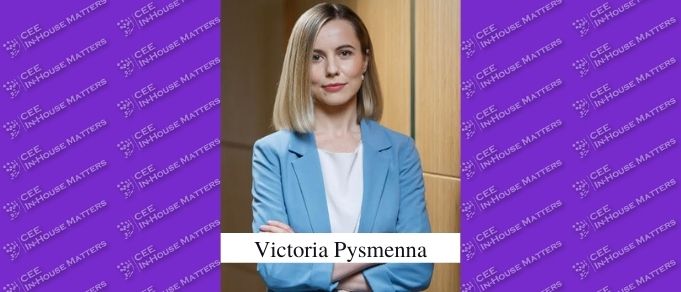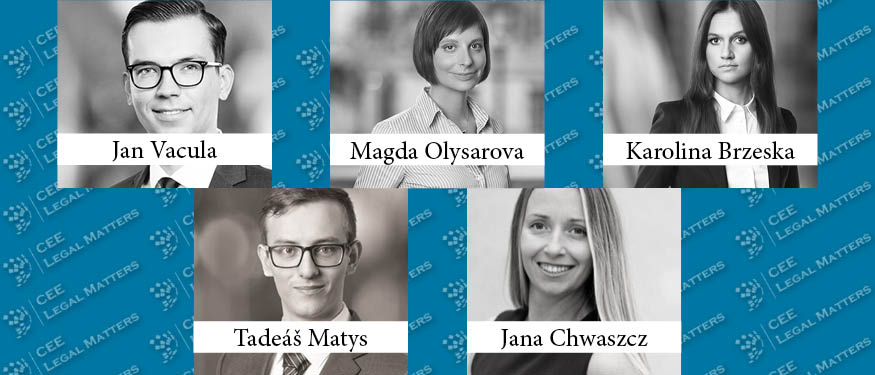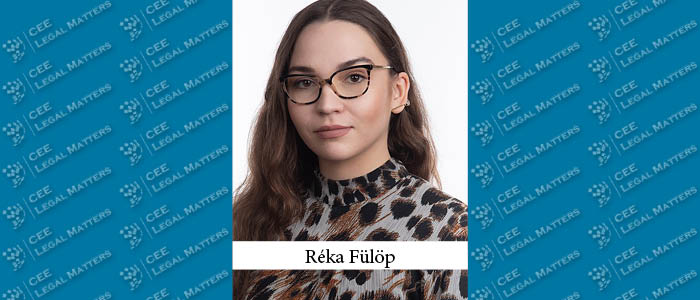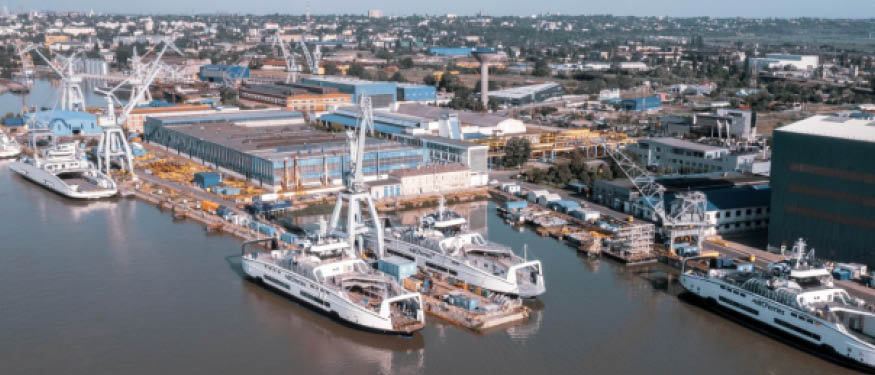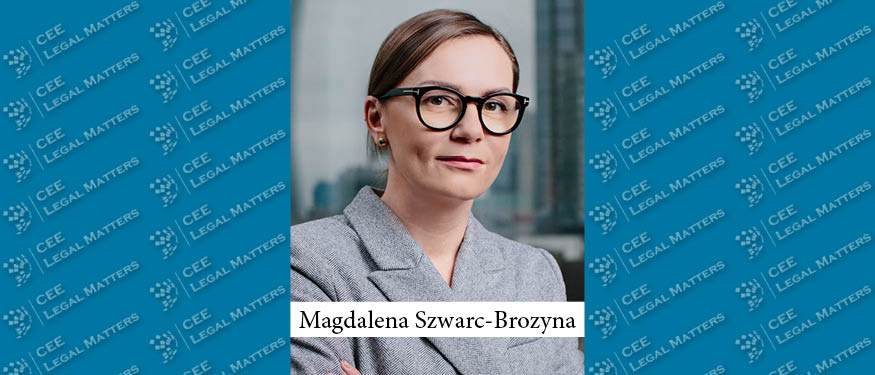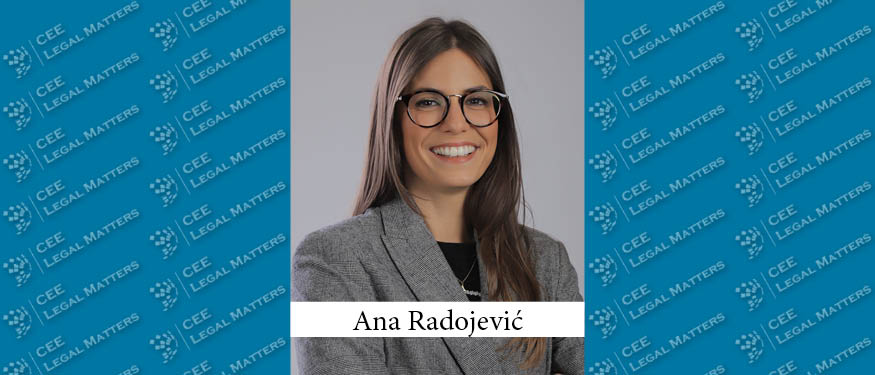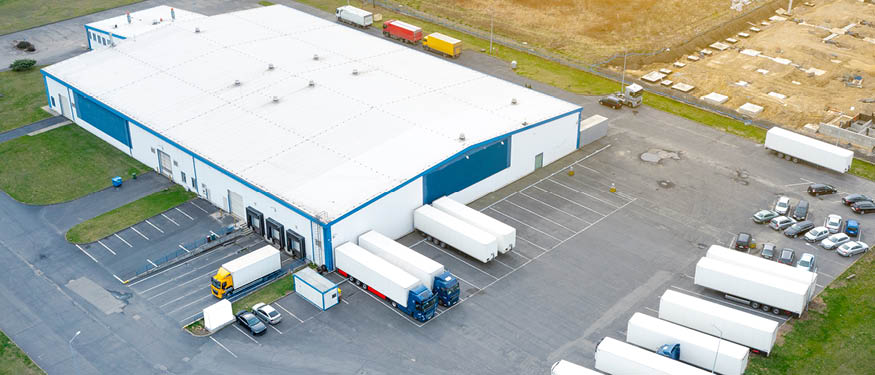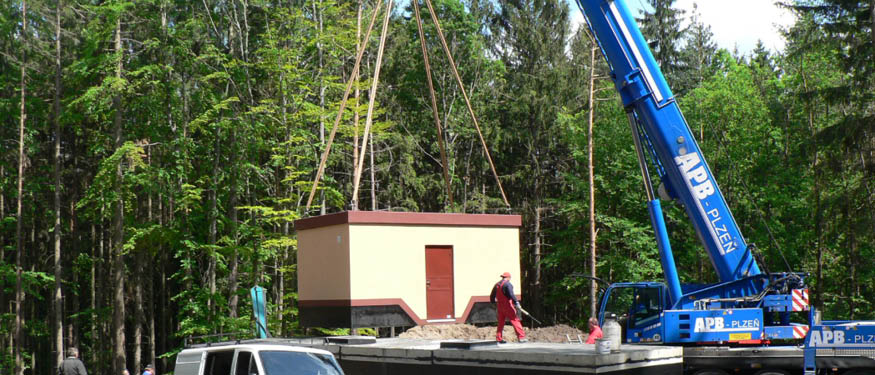On May 17, 2021, CEE Legal Matters reported that Asters had advised Elementum Energy Ltd. on the acquisition of a majority stake in the Dnistrovska wind park in the Odessa region of Ukraine. CEE In-House Matters spoke with Victoria Pysmenna, Head of Legal at Elementum Energy to learn more about the deal.
CEEIHM: Tell our readers a bit about Elementum Energy.
Victoria: Elementum Energy is the first operational business of VR Capital, one of the largest western investors in Ukraine with a portfolio of holdings in excess of USD 1 billion. Elementum Energy is the largest international investor in the renewable sector in Ukraine with a strong ambition to become a regional renewable energy player. We are proud that our projects might avoid up to half of the annual greenhouse gas emissions compared to traditional energy generation.
CEEIHM: You recently acquired a majority stake in the Dnistrovska wind park. Why was that wind park particularly attractive to your company?
Victoria: We at Elementum share the belief that the transition from fossil fuels to eco-friendly green energy is the future – both for Ukraine and globally, and we want to be a part of that transition. Phase 1 of the Dnistrovska Wind Park, implemented jointly with a US investor Ukraine Power Resources (UPR), became the first wind project of Elementum in addition to the operation of 28 solar power plants in Ukraine. We saw great potential in this wind project for many reasons – from the diversification of the company`s portfolio to the characteristics of this project to the opportunity to cooperate with an experienced UPR team.
CEEIHM: What are your plans for the park, following the acquisition?
Victoria: Recently, we built Phase 1, generating 40 megawatts, and started operating it. In the meantime, we contracted a major wind turbine supplier for the construction of the 60-megawatt Phase 2, to be commissioned in 2022. We are waiting for the construction works to start very soon and plan to operate both phases of the wind park.
CEEIHM: What were some of the legal complexities of the deal and how were they handled?
Victoria: Most of the complexities were actually typical project implementation challenges – several delays, especially resulting from COVID-19, changes in delivery routes, changes in regulations including the redesign of the construction permits system, and so on. While we were in the midst of construction, the discussions as to the cut of the feed-in tariff were still ongoing, which raised the question as to whether Ukraine shows enough confidence while delivering on its strong commitment to promoting renewables and its readiness to create the conditions necessary for luring investors. To my delight, Ukraine reconfirmed its decision to promote renewable energy in its new 2030 Economic Strategy, which foresees the development in line with the European Green Deal principles, attracting USD 10 billion to the renewable energy sector and reaching a 25% share of renewables in energy generation by 2030. We are looking forward to the implementation of auction systems and amending regulations to allow the use of corporate PPAs.
CEEIHM: Why did you choose Asters as your advisor?
Victoria: Aster was recommended as a team of seasoned experts, knowledgeable about the project and the needs of the renewable energy business. We were happy to work with Asters and their team showed both a dedication to the project and readiness to assist in various legal matters.
Originally reported by CEE In-House Matters.

